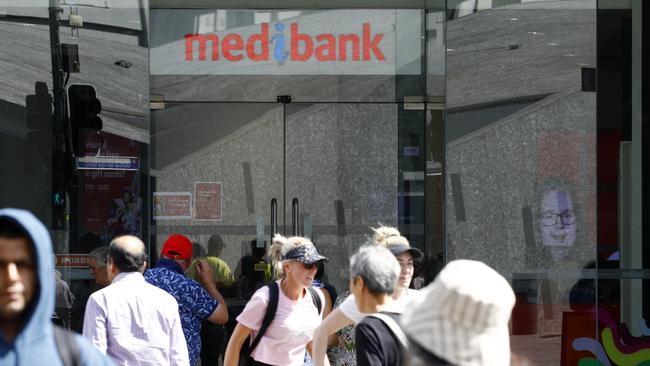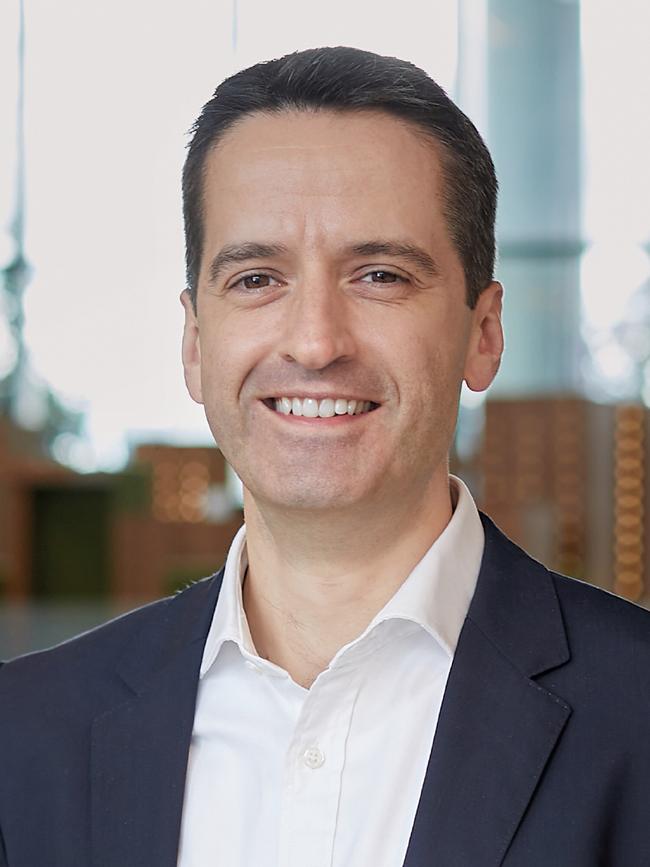Big change coming to Medibank’s customer contact centre after successful ‘geofence’ trial
Medibank has launched a new ‘geofence’ to divert calls from customers to staff who are nearby, rather than a centralised contact centre, in effort to bolster satisfaction.

Medibank has launched a new “geofence” to divert calls from customers to staff who are based nearby, rather than a centralised contact centre, in an effort to bolster satisfaction and lift earnings.
Australia’s biggest health insurer is embracing what is known as “hyper-localisation” to remove the frustration many customers feel when contacting a corporate call centre, which usually involves lengthy wait times and repeating yourself until a query is resolved.
Some companies, including Telstra, have developed artificial intelligence tools with Microsoft to streamline this process. But Medibank chief customer officer Milosh Milisavljevic said nothing compares with local knowledge.
As an example, he said one customer called Medibank before a hospital visit and the staff member not only helped with her inquiry but told her where the best spot to park her car at the hospital was.
“You can’t get that level of service with someone who doesn’t know the local area,” Mr Milisavljevic said.
“The health system in Australia can be complex and tricky to navigate, and we want to
make the process easier for our customers.”

Medibank has been shaking up the way its staff work, including doubling the number of employees who can work four-days-a-week instead of five with no loss of pay.
It employs around 700 frontline staff, and all call centre employees have the flexibility to either work from home or a local store.
Medibank launched the geofence nationally following a trial – which involved three teams comprising about 10-18 employees – in Adelaide, Geelong and the Gold Coast.
It involves “postcode routing” across phone and messaging channels that matches customers with a consultant in their local area.
The geofence upends a previous model whereby contact centre employees were trained in specific areas, such as claims, service and cover review, and would service customers from all over Australia, irrespective of where the customer lived.
Medibank is now training all its frontline staff to be able to handle the “vast majority” of customer queries.
Medibank has been seeking to win back customer trust after Russian cyber criminals hacked into its customer database of almost 10 million policyholders in late 2022, leaving the company with a clean-up bill of up to $150m, as well as several customer and investor class actions.
During the geofence trial it found its net promoter score – which measures customer satisfaction and loyalty – was 15 per cent higher in geofence areas compared with the national average.
Mr Milisavljevic said Medibank also reported a 20 per cent improvement in cases resolved at first point of contact, reducing escalated effort.
He said other customers reported being surprised when they found the same person they spoke to on the phone was the same person behind the counter at a Medibank store, feeling relief that they didn’t need to explain their situation again.
“The trial found that we are delivering improved customer service and customer
outcomes. It’s also empowered our employees to make decisions for their local area,” he said.






To join the conversation, please log in. Don't have an account? Register
Join the conversation, you are commenting as Logout